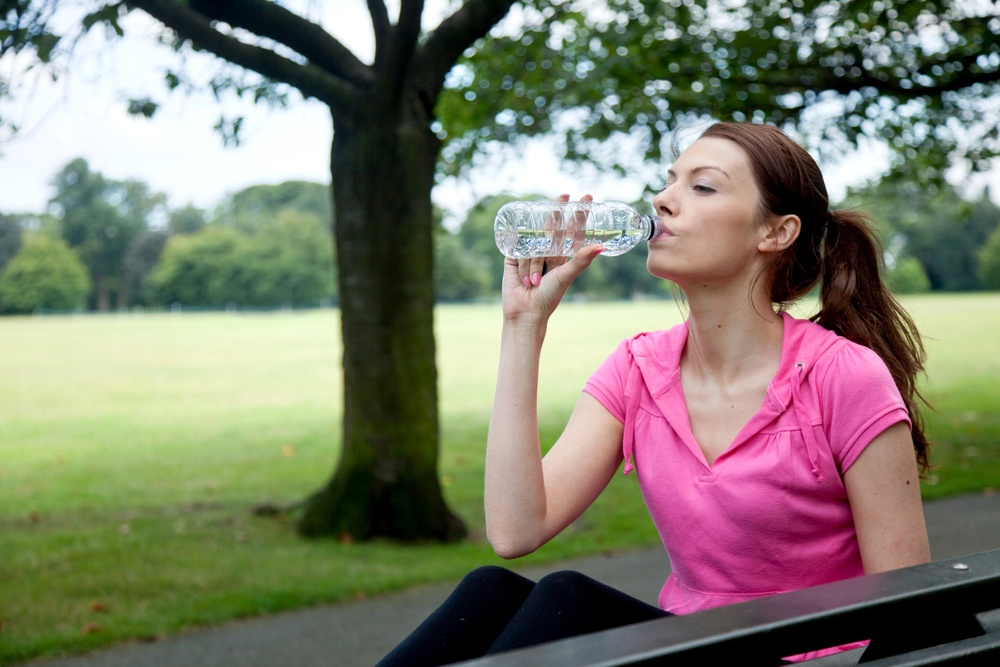By Brittany Flax on Sep 17, 2018 @ 05:02 PM
Running to work, getting the kids ready for school and keeping up with daily chores -- we're constantly on-the-go. While trying to keep up with our busy schedules, staying hydrated isn't always the first thing on our minds. However, did you know that dehydration doesn't just affect your body? It has a negative impact on your oral health as well!
Cavities
When your mouth isn't producing the amount of saliva it normally does, food particles get trapped. Bacteria attaches to these particles and produces a type of acid that erodes holes in your enamel. As the bacteria starts to multiply, cavities begin to form.
Gum Disease
Just as bacteria creates an acid that erodes your enamel (cavities), the same could be done to your gums without the proper amount of saliva. If this worsens, you have a higher risk of infecting your gums and developing gum disease.
Bad Breath
Known as halitosis, less saliva flow causes bad breath. Similar to cavities and gum disease, saliva plays a large role in how your mouth is affected when dehydrated. If you’ve ever drank coffee or alcohol, you know what it’s like to be dehydrated after. This allows for the particles to build up and causes bad odor.
Weaker Enamel
Saliva helps keep your teeth strong. It contains certain amounts of calcium and other minerals such as bicarbonate and phosphate. Without the production of saliva, your teeth and enamel tend to grow weaker.
According to researchers at Mayo Clinic, the amount of water intake each day should be 15.5 cups or 3.7 liters for men & 11.5 cups or 2.7 liters for women. This can be consumed through a combination of different foods and beverages.
Make sure to stay hydrated throughout your busy day! If you feel like these issues persist after upping your water consumption, consult with your dentist and see what solutions they may be able to provide for you.
Concerned about having bad breath? Check out our 6-step guide on how you can fight it!





comments